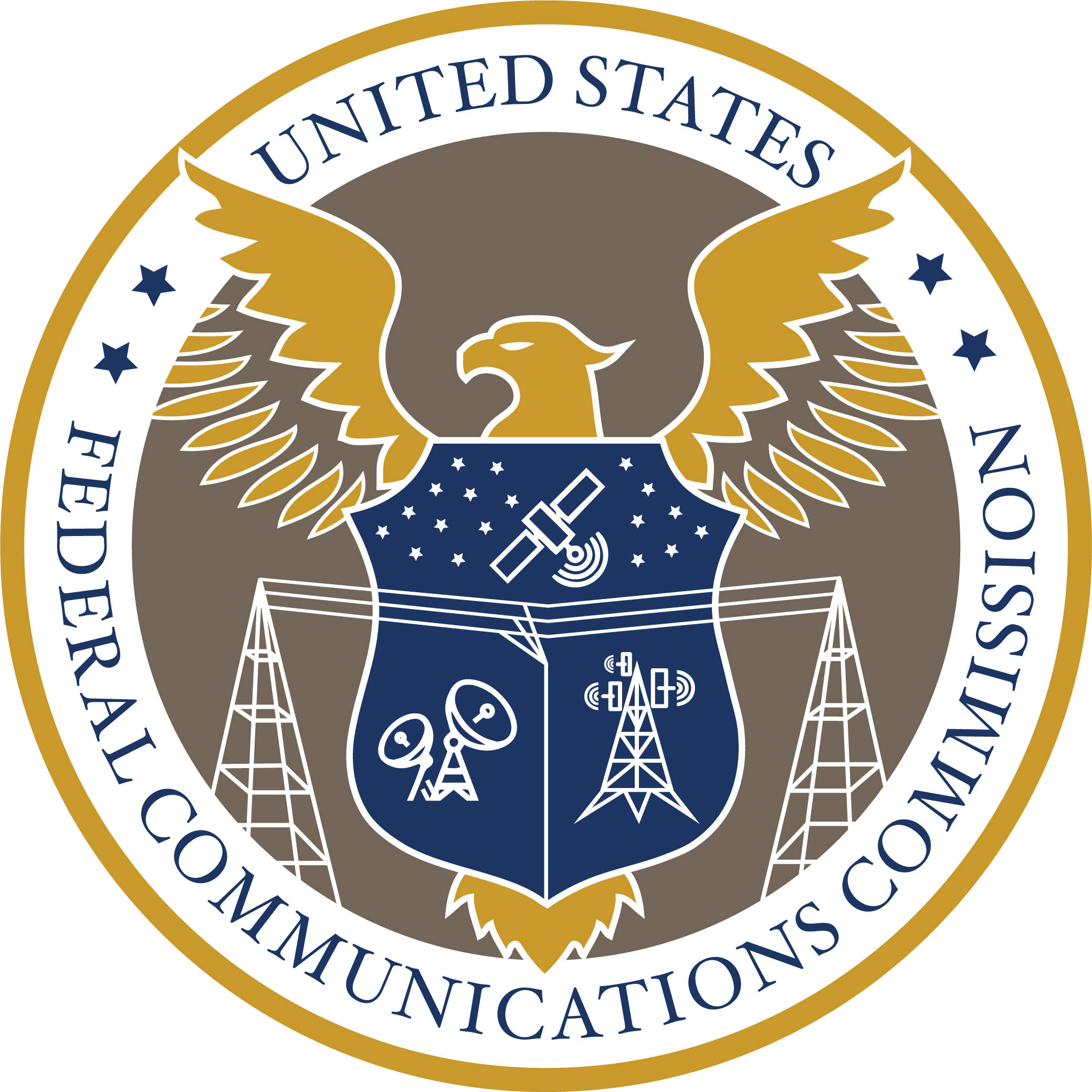
Massachusetts “Junk Fee” Crackdown: Subscriptions, Trials, and Pricing Rules Effective Sept. 2
 The Rule Takes Effect Today
The Rule Takes Effect Today
Effective September 2, 2025, Massachusetts begins enforcing its new “Unfair and Deceptive Fees” regulations (940 CMR 38.00). The rules broadly apply to the advertising, marketing, and sale of consumer products and services in the state, targeting practices the Attorney General calls “junk fees” or deceptive pricing.
The regulations require businesses to present the total price of a product or service upfront — including all mandatory fees — and clearly label any optional or waivable charges. They also define what constitutes unfair or deceptive conduct when it comes to presenting prices, advertising trial offers, and managing contracts with auto-renewal features.
Why It Matters for Subscriptions
While the law applies across industries, the most significant impact is on subscription businesses:
-
Trial Offers: Companies must disclose, in writing, any potential charges, the calendar date when charges begin, the products covered, and how to cancel before being billed.
-
Auto-Renewals / Negative Option Features: Sellers must clearly disclose recurring charges, provide cancellation that is at least as easy as sign-up (via the same medium), and send written renewal notices for contracts longer than 31 days.
-
Cancellation Standards: Online subscriptions must include a cancellation path on the same website or app; phone sign-ups require a phone cancellation option with prompt response; in-person sales require Internet or phone alternatives.
Enforcement Risks
Violations are treated as unfair or deceptive acts under Massachusetts General Laws Chapter 93A. That means:
-
Attorney General enforcement: businesses face restitution, costs, and up to $5,000 per violation.
-
Private lawsuits: consumers may sue for damages and attorney’s fees, with the possibility of triple damages for willful violations.
-
Class action risk: like California’s auto-renewal law, these rules open the door to consumer class actions.
National Context
Massachusetts is the latest state to adopt regulations banning junk fees and tightening subscription rules. California, Colorado, and New York have similar auto-renewal laws, and the Federal Trade Commission’s Negative Option Rule will soon layer additional federal requirements on top.
For subscription executives, the challenge is harmonizing compliance across jurisdictions — ensuring trial disclosures, renewal notices, and cancellation flows meet the strictest common denominator.
INSIDER TAKE
This isn’t just about junk fees in hotels or ticket sales. Massachusetts has pulled subscriptions directly into its regulatory spotlight, setting strict rules on trials and auto-renewals. With the FTC and other states moving in the same direction, subscription businesses should expect this to become a de facto national standard and update their subscriber flows accordingly.
- Filed in Assocations, Business Media and Publishing, Business Operations, Business Services, Clubs, Consumer Media and Publishing, Consumer Services, Data and IoT, Direct-to-Consumer, Entertainment and Streaming, Learning and Training, Magazines, Memberships, News, Newsletters, Product Development, Regulation and Compliance, SaaS and Cloud Services, Subscription Apps, Subscription Boxes, Subscription Business Marketing, Subscription Gaming





